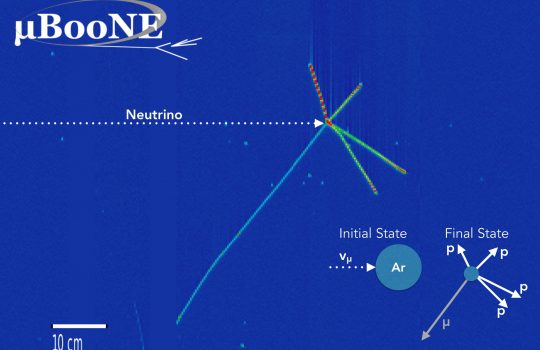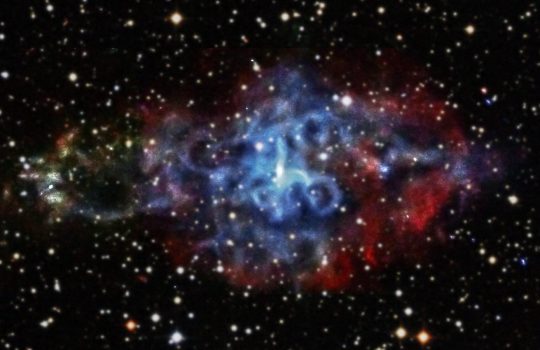Big bang retold: The weird twists in the story of the universe’s birth
From New Scientist, Dec. 11, 2019: Fermilab scientist Dan Hooper is quoted in this article on what scientists mean when they talk about the Big Bang. The best evidence for the big bang is all around us in the cosmic microwave background, the radiation released once the universe had cooled sufficiently for atoms to form, when it was about 380,000 years old. And that is the point: everywhere in today’s universe was where the big bang was.




